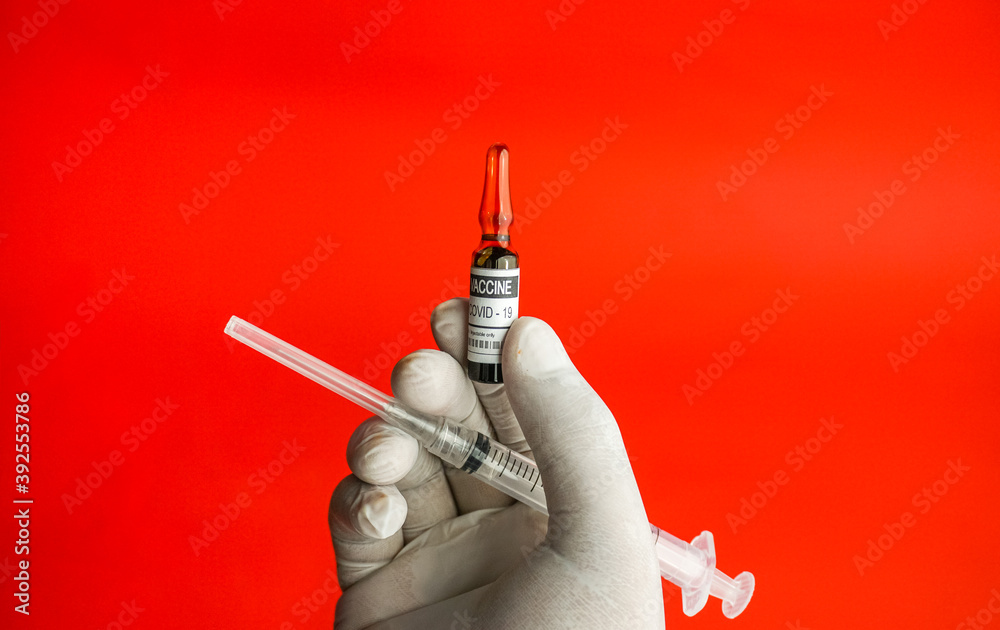This article was originally published by Cassie B. at Natural News.
-
- The Biden administration has extended the liability shield for COVID-19 vaccine makers until 2029.
-
- The U.S. Department of Health and Human Services cited the potential future threat of COVID-19 as its excuse.
-
- Pharmaceutical companies will not be held accountable for vaccine-related health issues.
-
- The Countermeasures Injury Compensation Program has been criticized for failing to properly support victims.
-
- Critics argue that the decision prioritizes corporate interests over public health and safety.
In a highly controversial move, President Biden’s administration has quietly extended the liability shield for COVID-19 vaccine makers through 2029. This decision, which takes effect at the beginning of 2025, ensures that pharmaceutical companies will not be held legally accountable for any adverse effects of their vaccines.
The U.S. Department of Health and Human Services (HHS) made the announcement, citing the “credible risk” that COVID-19 may still pose a threat in the future. However, the timing of this decision is likely aimed at protecting these companies from potential lawsuits and liabilities when Trump takes office.
Pharmaceutical giants protected at the expense of public safety
By shielding vaccine makers from legal consequences, the Biden administration has effectively set up a system where companies have little to no incentive to ensure the safety and efficacy of their products. This move is particularly concerning given the mounting evidence of serious health complications linked to the COVID-19 vaccines.
Reports of vaccine-related injuries and deaths have been increasing, yet the Countermeasures Injury Compensation Program (CICP), the mechanism meant to support victims, has been woefully inadequate. According to data from the CICP, out of 13,520 claims filed, only 65 were determined to be eligible for compensation, with only 18 actually being actually compensated. The average payout of just over $24,000 falls far short of covering the extensive medical costs and lost wages many victims face.
No accountability, no motivation for safety
The decision to extend the liability shield is a clear example of corporate interests superseding public health concerns. With no fear of legal repercussions, pharmaceutical companies have little motivation to provide the public with safe and effective solutions. This lack of accountability not only undermines public trust but also perpetuates a system where the interests of profit take precedence over individual well-being.
The extension also gives protection to the health professionals who prescribe and administer these vaccines, such as pharmacists and pharmacy techs, and it covers diagnostics and other devices used for treating the virus as well.
The extension of liability protection comes at a time when there is a growing call for vaccine safety reviews. Critics argue that vaccines should be covered under the Vaccine Injury Compensation Program (VICP), a system traditionally used for childhood vaccines that offers more substantial compensation and support to victims. However, the Biden administration’s move to shield vaccine makers from liability through 2029 essentially closes this avenue for redress.
What does this mean for the public?
The extension of liability protection ensures that those who have suffered serious health complications from the COVID-19 vaccines are left without adequate recourse. The impending end of the Biden administration provides little hope for immediate changes as any potential pushback from the incoming administration would face significant challenges.
While the Trump administration could, in theory, rescind this extension, the political and economic realities may make such action unlikely. Pharmaceutical companies wield significant influence, and removing their liability shield could have far-reaching consequences, including potential legal battles and economic fallout.
Retired gastroenterologist Dr. Danice Hertz, who suffered serious side effects from the vaccine, told Children’s Health Defense that the extension is “inappropriate and unethical,” adding: “To argue that a more serious COVID-related public health emergency might develop in the future is a weak excuse for continuing a less-than-effective and potentially dangerous medical product.”
Read full article here


